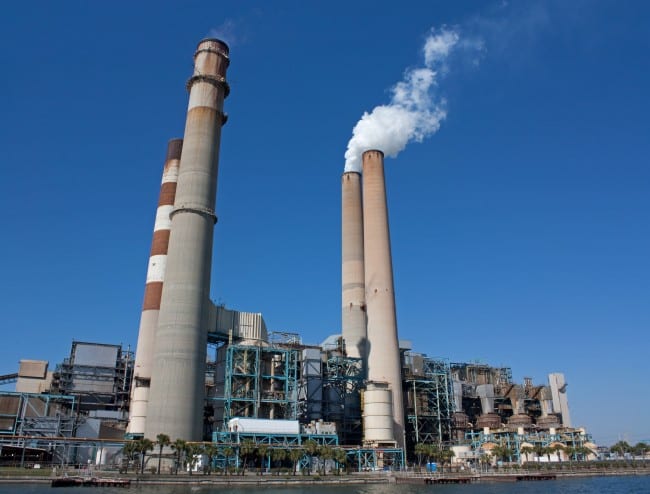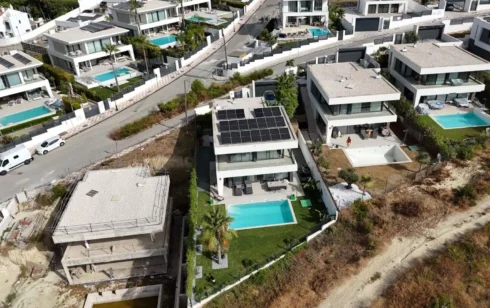SPAIN has all but eliminated the burning of coal for electricity after turning its back on the fossil fuel at a record rate last year.
In 2019, the country dramatically reduced its reliance on coal-fired power, seeing carbon dioxide emissions from electricity generation fall 33.3%, according to the national power grid operator Electrica de Espana.
Last year coal-powered thermal plants accounted for less than 5% of all electricity generated in Spain.
It’s a target Spain was hoping to reach in the year 2030, making it a decade ahead of schedule.
At the peak of coal use in 2002, the fossil fuel accounted for 85.6% of electricity.
On December 14, 21, 22, 24 and 25, Spain did not need any coal-powered electricity.
Spain decided to ban coal mining on January 1 last year and stopped providing state aid to the mines.
This was in accordance with new EU regulations and also due to the low profitability of the coal deposits.
Indeed Carbon Tracker reported that Spain’s coal mines were set to lose €992 million by the end of 2019.
The EU emissions trading system, the world’s first major carbon market, has played a big part in turning countries’ energy use greener.
It took almost 15 years to get right, but the bloc finally set a price for releasing carbon dioxide that would encourage member states to look for healthier alternatives.
Emitting a tonne of CO2 costs a state member €25 a pop, making the industry less profitable.
Click here to read more Spain News from The Olive Press.









